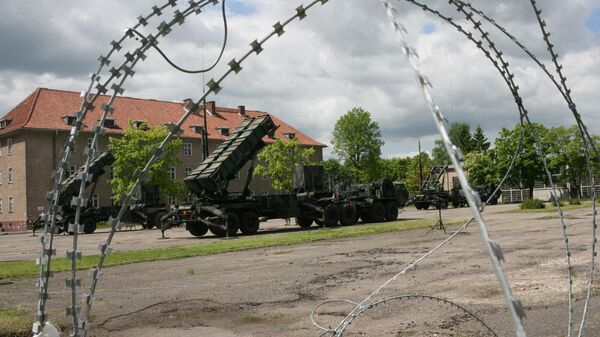The official who rolled out the proposal is Deputy Assistant to the President for Strategic Planning Kevin Harrington, the media outlet specified.
In February 2017, Harrington offered to withdraw US troops close to Russian borders as part of a strategy proposal to "refram[e] our interests within the context of a new relationship with Russia," one of the former officials, who heard this directly from the deputy assistant, told The Daily Beast.
According to the report, Harrington was previously the managing director of Trump's ally Peter Thiel's hedge fund. Trump’s first national security adviser, retired Lt. Gen. Michael Flynn, announced Harrington’s arrival in early February last year as part of a "talented group" ready to bring in fresh ideas.
The media outlet cited sources as saying that Harrington believed that US economic sanctions, particularly against Moscow, were ultimately harmful to the United States and not that damaging to Russia.
READ MORE: Russian Embassy Explains True Reason of US Congressional Visit Cancellation
The White House hasn't immediately provided a comment on the matter after The Daily Beast’s request.
US-Russia Relations
The tensions further gained momentum in August 2017, when US President Donald Trump signed a bill, imposing new sanctions on Moscow over its alleged meddling in the 2016 US presidential election. The restrictions cover Russian defense, intelligence, mining, shipping and railway industries and limit dealings with Russian banks and energy companies and provide for counteracting the Nord Stream 2 pipeline construction between Russia and Germany.
The move was, however, criticized by German Foreign Minister Sigmar Gabriel and then Austrian Chancellor Christian Kern, suggesting that the United States was attempting to promote its own economic interests.





